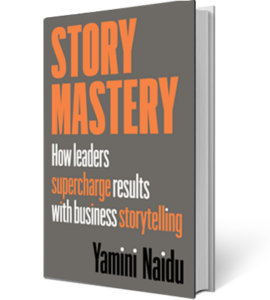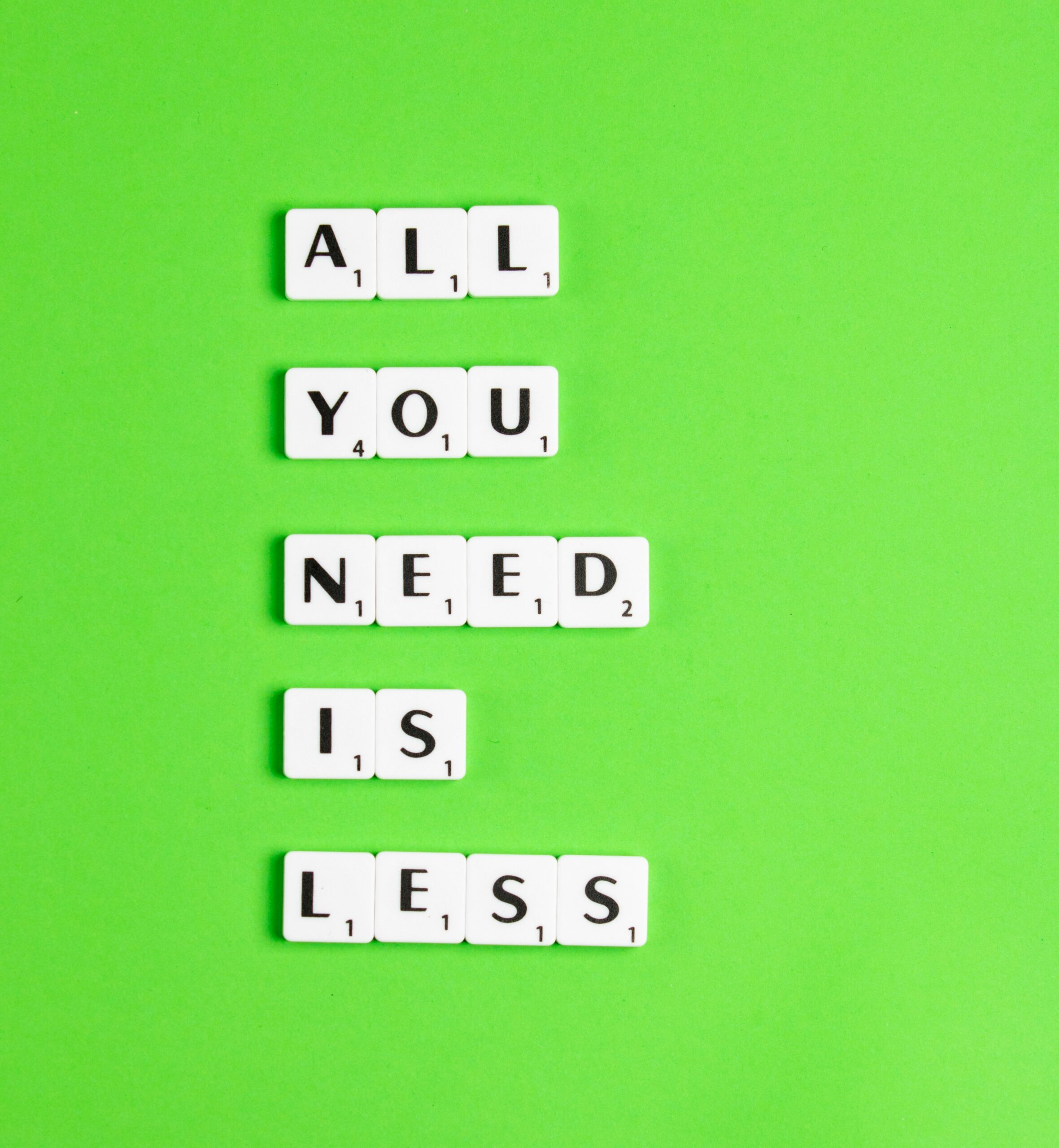A few years ago one of Australia’s leading retailers was preparing to open a flagship warehouse store near where I live in Melbourne. Many local residents were up in arms against the project but it went ahead – and today each of those same locals can be spotted happily shopping there on weekends!
Change is a funny thing, isn’t it? While we might in principle agree with a change (like safe injecting rooms, or wind farms) we are often known to balk when change threatens the comfortably familiar – when it lands in our own backyard.
We’ve come up with a number of clever ways to avoid it, like telling ourselves we are suited or ready for the change but don’t think other people can handle it. Research conducted on the adoption of driverless cars came to exactly that conclusion: while most people felt comfortable in one, they were uncertain about other people in driverless cars. The biggest barrier to widespread change was trusting other people to be able to handle it.
The two greatest enemies of change are inertia and the status quo. It would be so easy to read a game-changing book and say that’s great… And then go back to business as usual. We might also be tempted to automatically defend the status quo – which incidentally takes more energy as we try to avoid the pain, risk and uncertainty of attempting change. The classic “If it ain’t broke, why fix it?” approach can be a false friend.
If we ourselves are harbingers of change, it’s important to remember not to take any resistance we encounter as personal. As Seth Godin observes, “Some people hate change, they don’t hate you. If you get confused about that, it’s going to be difficult to make (needed, positive, important) change in the future.”
How ironic that our modern world requires constant adaptation, an almost chameleon-like flexibility from us all. Yet for any change to have even a chance of success, change makers must wise-up to the barriers in its adoption. Otherwise like two of the storied three little pigs we are building houses of straw and sticks not bricks.

Story Mastery
Discover stories from leaders like you, who have applied these simple steps and achieved career-defining business results. Storytelling is not a natural gift, but a skill you can learn.
Recent Posts
You Won’t Believe What I Saw in the Park

My name is Yamini Naidu, and I’m an addict

One power move for every time you present

Fascinating, but I’m not sure I could – can you?

One technique that changed my presentations forever

I went psycho in the gym this morning
Categories
- Books2
- Business storytelling articles37
- Business storytelling examples47
- Business storytelling techniques75
- Business Storytelling training64
- Case Study5
- Conference Speaker3
- Examples of Story66
- Inspiration33
- Interview with…7
- Latest Posts185
- Life hacks3
- Presentation Skills17
- Speaking11
- Technology3
- Thoughts111
- Uncategorized3
- X Factor12
